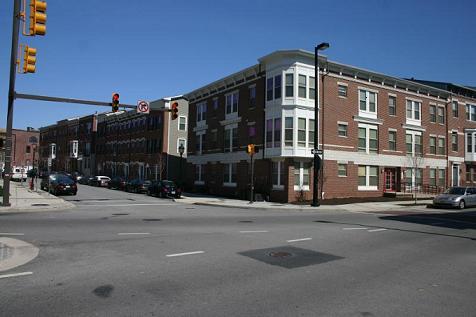A New Jersey Residential Tenant’s Rights
 New Jersey landlord-tenant law offers residential tenants a great deal of protection to ensure that people have a secure and safe place to live, provided that tenants comply with their duties and responsibilities.
New Jersey landlord-tenant law offers residential tenants a great deal of protection to ensure that people have a secure and safe place to live, provided that tenants comply with their duties and responsibilities.
A landlord/tenant relationship typically begins with the signing of a lease. The lease is a contract – a legal document which specifies the rights and obligations of both the landlord and tenant to one another.
In a typical lease, tenants are required to pay rent and a security deposit, take good care of the premises, and comply with all laws. Often tenants are required to pay the utilities and request permission from landlords before obtaining a pet or altering the premises by, for example, repainting rooms. Landlords, on the other hand, have the responsibility to provide tenants with safe premises that are supplied by water, heat, and proper facilities for installation of a refrigerator.
Beyond their contractual responsibilities, landlords and tenants have other responsibilities to each other. However, the responsibilities of New Jersey landlords far exceed those of tenants. For example, tenants have the right of “quiet enjoyment.” Landlords must ensure that New Jersey tenants can live in their premises without any disturbances from other tenants or the landlord.
Further, New Jersey does not allow landlords or police officers to evict tenants by locking them out of the premises. A “self-help” eviction is illegal and in New Jersey is considered a criminal offense. Evictions may only be completed by special court officers with a warrant for removal issued by a judge.
Continue reading
 New Jersey Lawyers Blog
New Jersey Lawyers Blog

